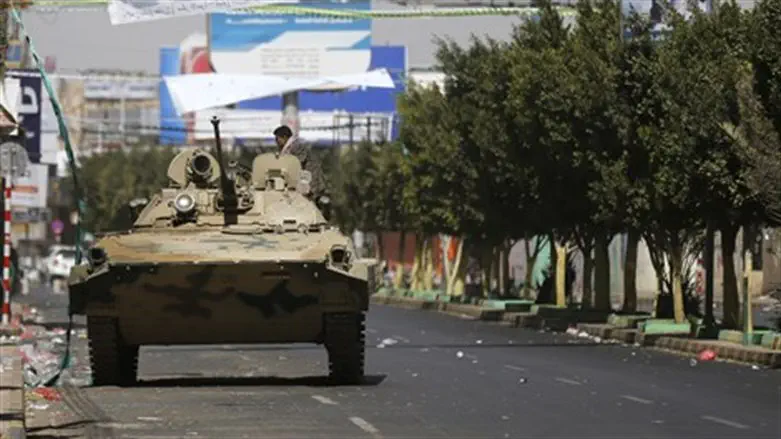
Yemen, wracked by civil war since 2014, has entered a nationwide truce, brokered by the United Nations, according to a report in The Guardian.
Hundreds of thousands of people have been killed since the conflict broke out eight years ago, a conflict the UN has called the world’s “worst humanitarian crisis.”
Both the Iran-backed Houthis and the government coalition led by Saudi Arabia have now agreed to observe a truce spanning two months, which began on Saturday, in honor of the Muslim holy month of Ramadan, which started on that day.
The last such truce was six years ago, in 2016, a truce which barely lasted. In 2018, another agreement was brokered to temporarily stop the fighting, but that too was mostly ignored.
“The two-month truce started at 7 pm (1600 GMT) tonight. As of tonight, all offensive ground, aerial and naval military operations should cease,” UN special envoy Hans Grundberg said in a statement.
Houthi military spokesperson Yahya Saree confirmed “our commitment to a comprehensive cessation of military operations as long as the other party adheres to this,” in a statement released by the rebels.
Under the agreement, all ground, air and sea military operations in Yemen and across its borders are to cease. Eighteen fuel ships will be allowed to dock in the country in a port held by the rebels, and two commercial flights a week will be allowed in and out of the capital, Sana’a, which is also in rebel hands. These two points were both demanded by the Houthis in return for agreeing to attend peace talks.
“The success of this initiative will depend on the warring parties’ continued commitment to implementing the truce agreement with its accompanying humanitarian measures,” said the UN envoy. “I also hope the goodwill that we saw from all sides in public will translate into long-term de-escalation of inflammatory media rhetoric and hate speech.”
Saudi Arabia has also allegedly expressed its “support” for the UN ceasefire, which was also welcomed by US President Joe Biden, UN chief António Guterres, the European Union and the leaders of Britain, France and Iraq.
